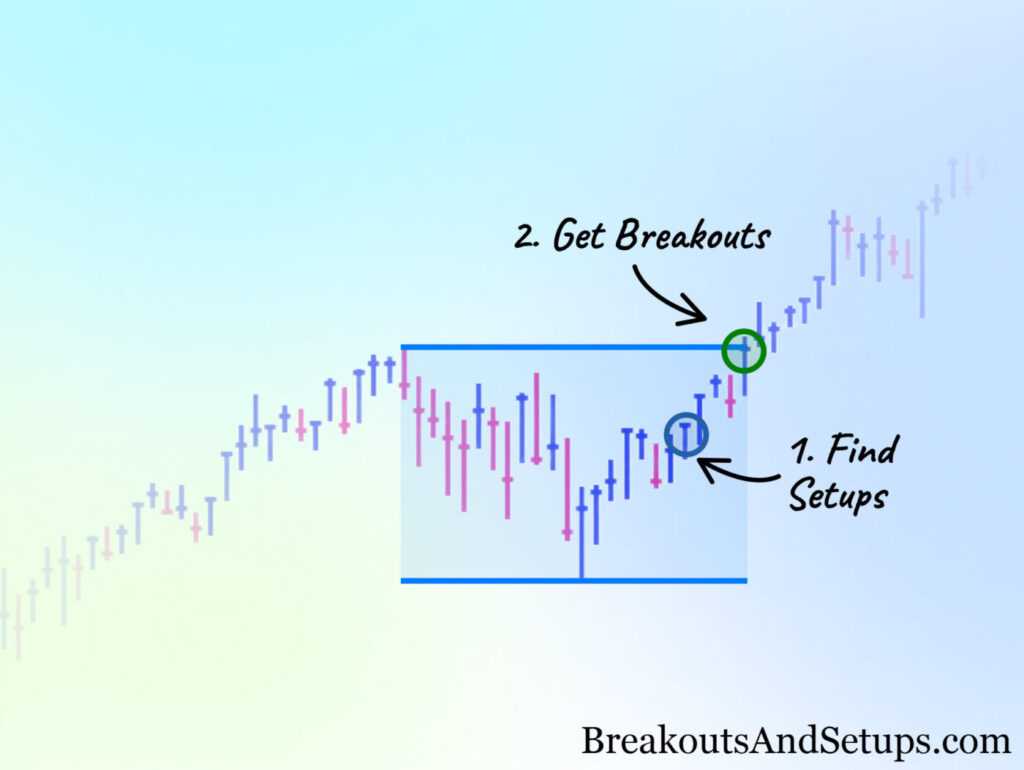What is value investing?
When you buy groceries, do you clip coupons and look for the best deals? If so, your purchasing habits are similar to a value investor’s, who searches for stocks at a discount instead of paying full price. But what exactly is value investing, and how can it help you grow wealth? Here is what you should know about one of the most fundamental stock investing strategies around.
Value investing is simple to understand but challenging to master. It is an investment strategy that involves buying securities, like stocks, at a price less than the investment’s intrinsic value.
The idea behind the strategy is simple. Value investors believe that investors underestimate certain stocks. By locating stocks where investors ignore strong company fundamentals and instead trade because of good or bad news, value investors believe they can profit.
Thus, value investors are similar to those who practice extreme couponing. They will search for stocks, bonds, and other assets on sale or for a low price that nearly guarantees profits.
The goal is not to make short-term profits. Instead, value investors understand that a short-term underestimate of a company’s stock price will correct itself in the long term. By locating profitable companies that the market undervalues even temporarily, they can buy stocks at a discount and hold stock shares in quality companies and keep them for extended periods.
Characteristics of Value Stocks
It doesn’t need to be a challenge to locate value stocks. Most value stock companies have the same characteristics. You may find that value stocks:
- Pay dividends to investors.
- Are in well-established fields with steady growth.
- Have been profitable for several years, if not decades.
- Go through periods of high and low demand that bring volatility to stock price.
Often, an undervalued company receives a valuation that fails to factor in key financial metrics. Instead, the stock price will quickly change as investors react to negative or positive company and industry news.
Therefore, most value stocks will have consistently positive revenue, earnings, and cash flow. Additionally, value stocks will have sales stability, with several revenue streams and a long record of accomplishments.
With that in mind, you might have trouble determining why value stocks are selling for less than similar stocks in their industry. Just because a stock price is lower than other competing company stock prices does not mean that purchasing shares are a promising idea.
Although there are specific common characteristics of value stocks, it’s important to note that not every inexpensive stock is a good buy. Some stocks might not provide value and trick newer investors into thinking they’re getting a good deal.
Not all inexpensive stocks are value stocks.
Some low-priced stocks appear to be good deals but end up being value traps. A value trap is a stock that seems to have solid fundamentals an undervalued price. Yet, month after month, the stock price declines, even when it has an attractive discount price.
There are several situations where investors often purchase value traps and put their money at risk. The first is while investing in cyclical industries. Cyclical stocks are those that follow a typical economic expansion and recession cycle.
Specific stocks, like those in the manufacturing and construction industries, boom during economic expansions. However, they also cool off when market conditions change and see dramatic profit reductions during periods of financial challenges.
Right before cyclical stock prices bust, they usually look affordable to investors that are not familiar with earnings falling during recessions, depressions, or other periods of economic weakness.
It’s easy for beginning investors to notice a low valuation while reviewing recent earnings and think that a stock has strong fundamentals. Yet, when there’s a sudden change in market conditions, the short-term profits you earn from a value trap can quickly vanish. For this reason, it’s essential to consider whether you want to invest in cyclical industries, especially after times of economic booms.
Another time investors end up with value traps is with specific industries that rely on intellectual property protections. For instance, medical companies rely on patients to protect their company’s advantage. When patents stop being trade secrets, other companies enter the market, and the primary patent holder’s profits diminish.
Therefore, while searching for value stocks to invest in, it’s essential to consider a company’s future earnings potential. By locating companies that will have increased sales and earnings growth in the future, you’ll be more likely to find value stocks instead of inexpensive stocks that will trap your hard-earned money.
Why do investors like value stocks?
Investors like value stocks for the same reason people enjoy clipping coupons. It comes down to saving money when you purchase something, finding a good deal that other investors ignore, and making money in the process.
Although a company’s stock price changes daily with demand from sellers and buyers investing in the stock market, its valuation does not fluctuate. When market forces other than a company’s fundamentals adjust stock prices, this leads to an undervalued or overvalued stock. By locating stocks that are priced incorrectly and determining an approximate cost for a value stock, you can profit from your investments over the long term.
In conclusion, there are many ways that you can invest in the stock market. One of the most straightforward investing strategies is to locate companies with undervalued stock prices.
Although it can be a challenge to find underpriced stocks, when you start thinking about a company’s long-term profitability instead of the short-term gains, you’ll be more likely to find a value stock. Just be aware of potential value traps, remember value investing principles, and don’t be afraid to search for slow and steady returns.
By locating affordable stocks that will increase in value, you’re essentially buying low and selling high. Even though it takes research, time, and dedication to find value stocks, there is opportunity out there. By consistently focusing on value stock investing, you’ll use the power of time and compound interest to reach your short- and long-term financial goals. Click here for more helpful stock market tips.
“Knowledge is power. The stock market is nothing if not opportunity but in order to navigate its waters you must arm yourself with information. Sign up for Alpha Alerts and get four premium stock picks every month. Take the guess work out of investing and allow us to do the heavy lifting. We are so confident in our service we will let you try it FREE for 30 days! Sign up now.”
Additional Resources
Photo by Jamie Street on Unsplash





